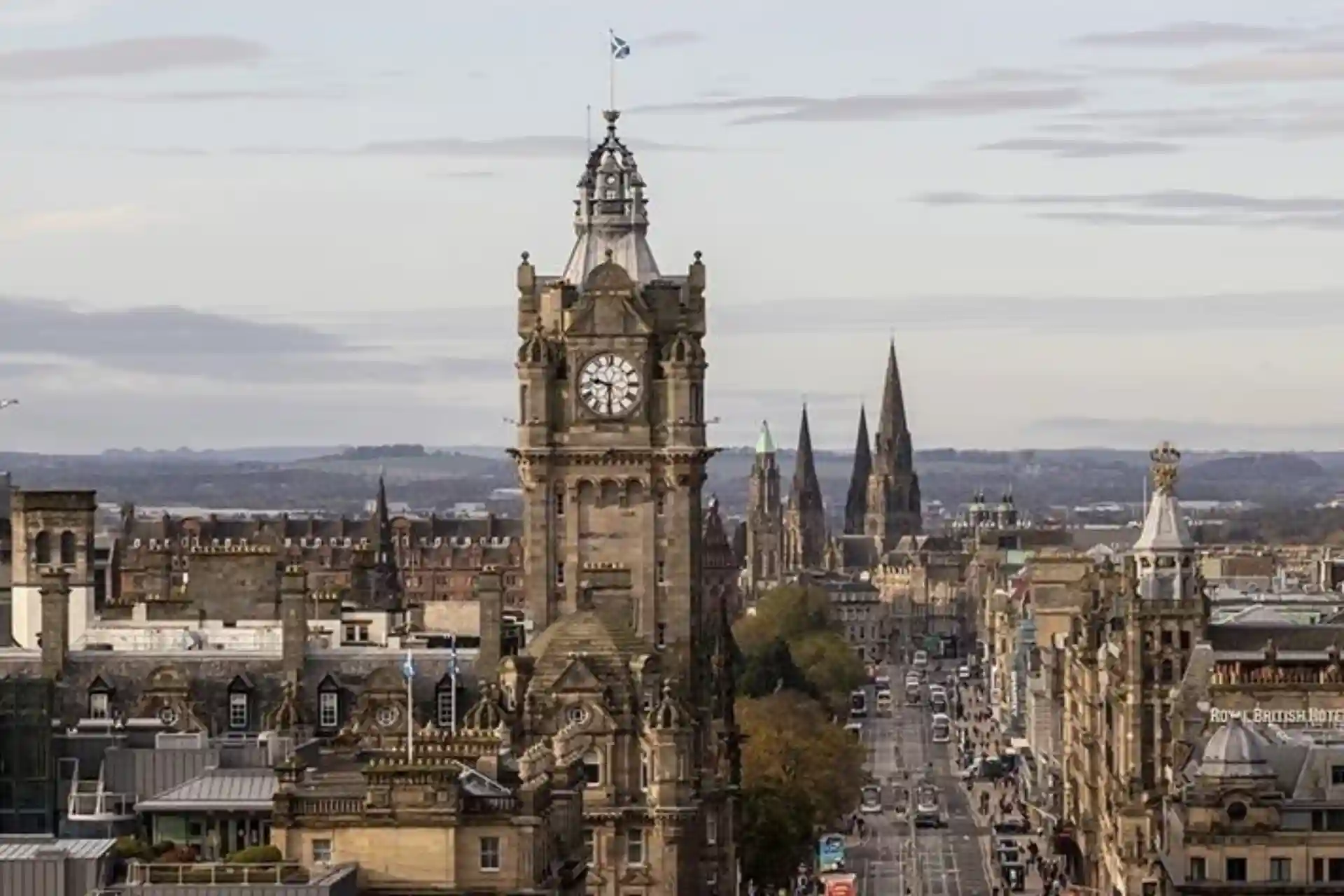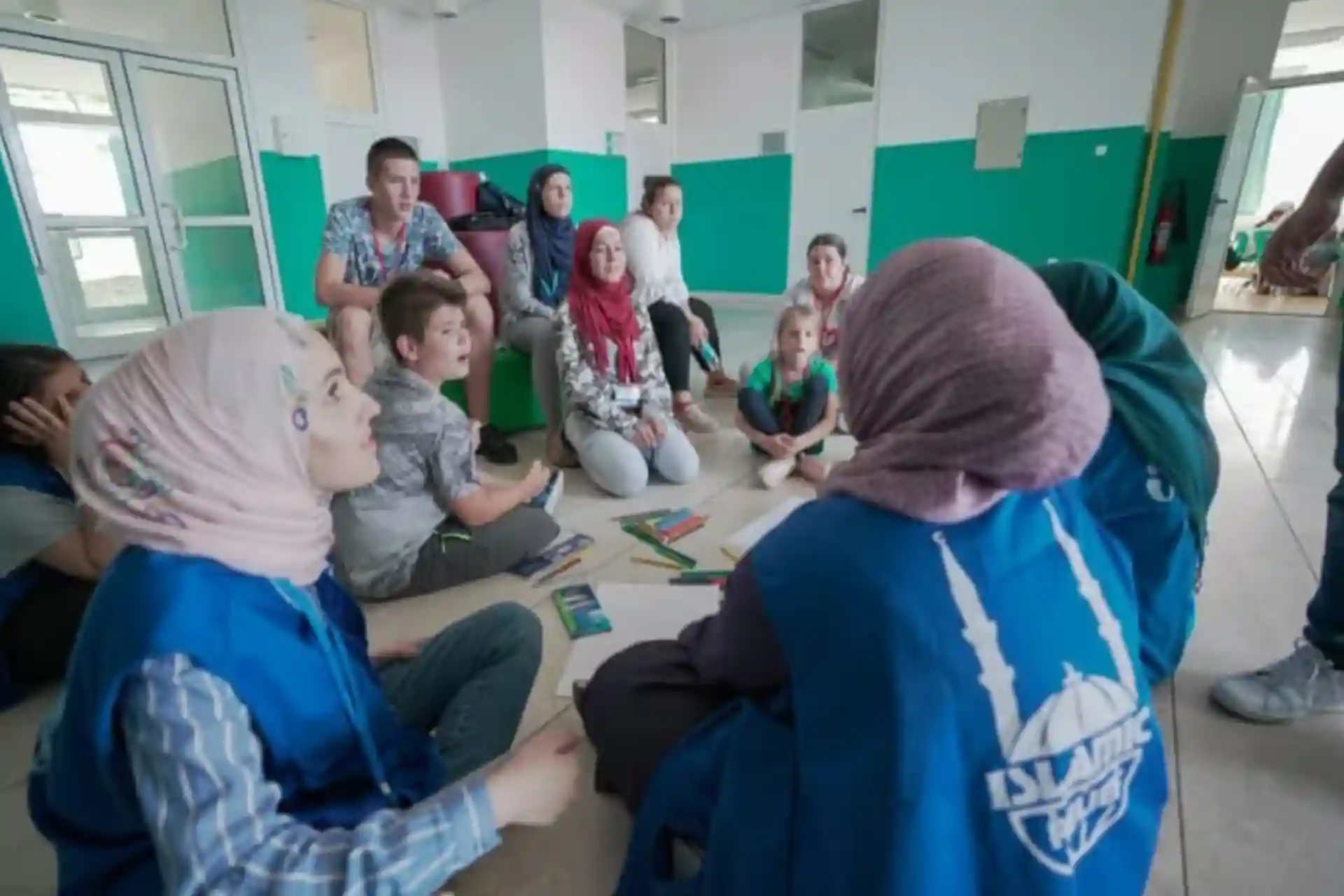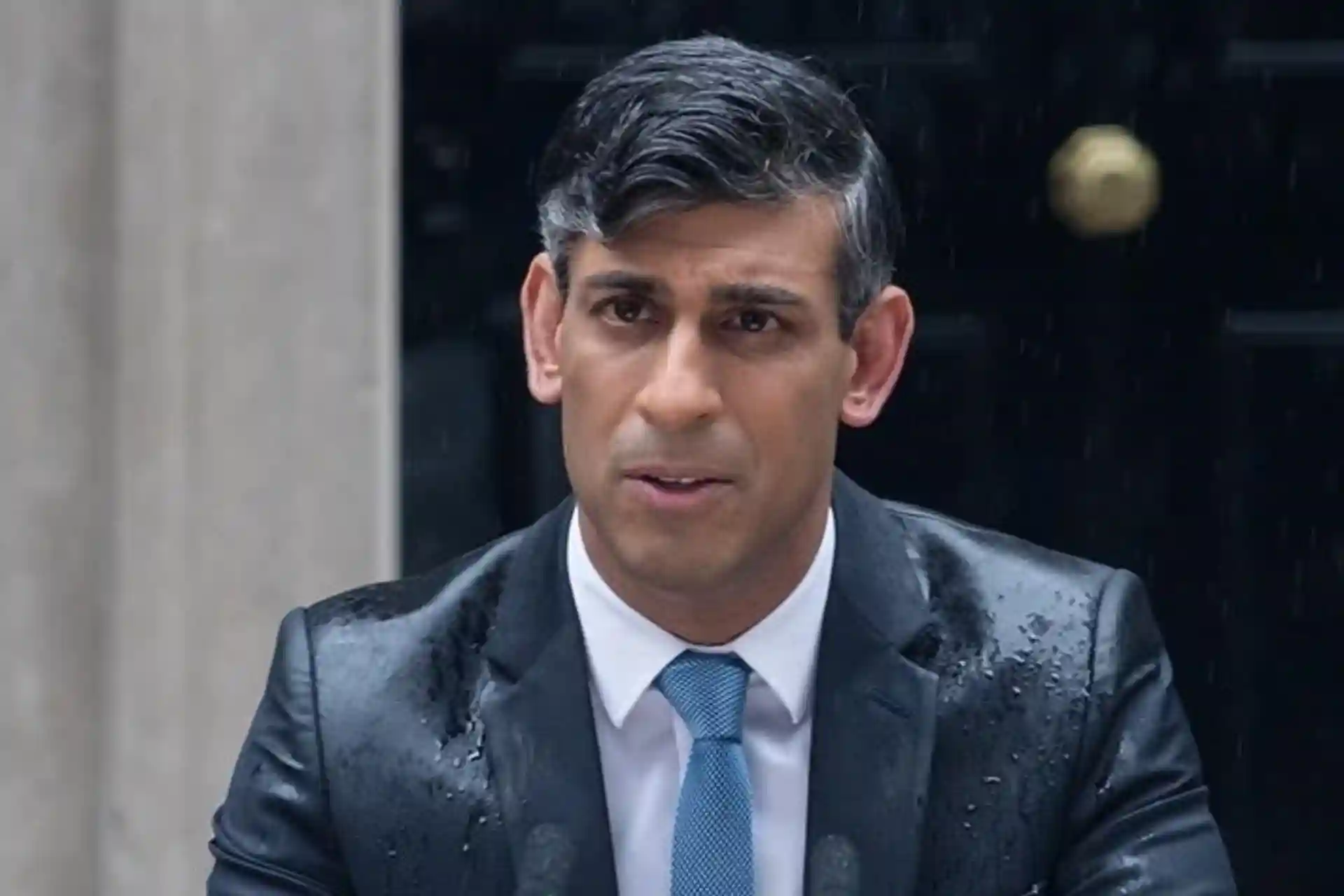In Britain, 87 candidates from other nationalities entered the parliament
After Thursday's general election in Britain, 87 members of parliament of different ethnicities were given the right to represent in parliament. 66 of them are members of the Labor Party, which has pledged to recognize Palestine. Since the 2019 elections, the number of deputies from national minorities has increased to 21.
After Thursday's general election in Great Britain, 87 members of parliament from different ethnic backgrounds were given the right to represent in parliament.
Research conducted by the think tank " Future of Britain " showed that 14% of voters in the country belong to different ethnicities.
It said this was reflected in parliament after Thursday's general election, with 87 members of parliament from different ethnic groups gaining access to parliament, which is 13 percent of all members of parliament.
Since the 2019 elections, the number of minority MPs has increased to 21 and has been recorded. 66 of these MPs are members of the Labor Party , which has pledged to recognize Palestine as a state .
According to the study, 13 minority MPs are members of the Conservative Party, while 4 others entered parliament as independent candidates.
Also, the study showed that 48 representatives of different nationalities in the parliament are women.
Sunder Katwala, director of Britain 's Future , said the new parliament would best reflect the diversity of society.
Noting that one out of every seven members of parliament is from different ethnic groups, Katwala said, "This situation shows that ethnic diversity has become the new norm among the main political parties . "
He believes that inclusiveness and pluralism are the keys to successful politics.
“Our discussions of race may seem like simple polarization, but its part in polyphony is very important. When ethnic issues are on the agenda in the new House of Representatives , minority MPs will be there to share their experiences,” he said.



